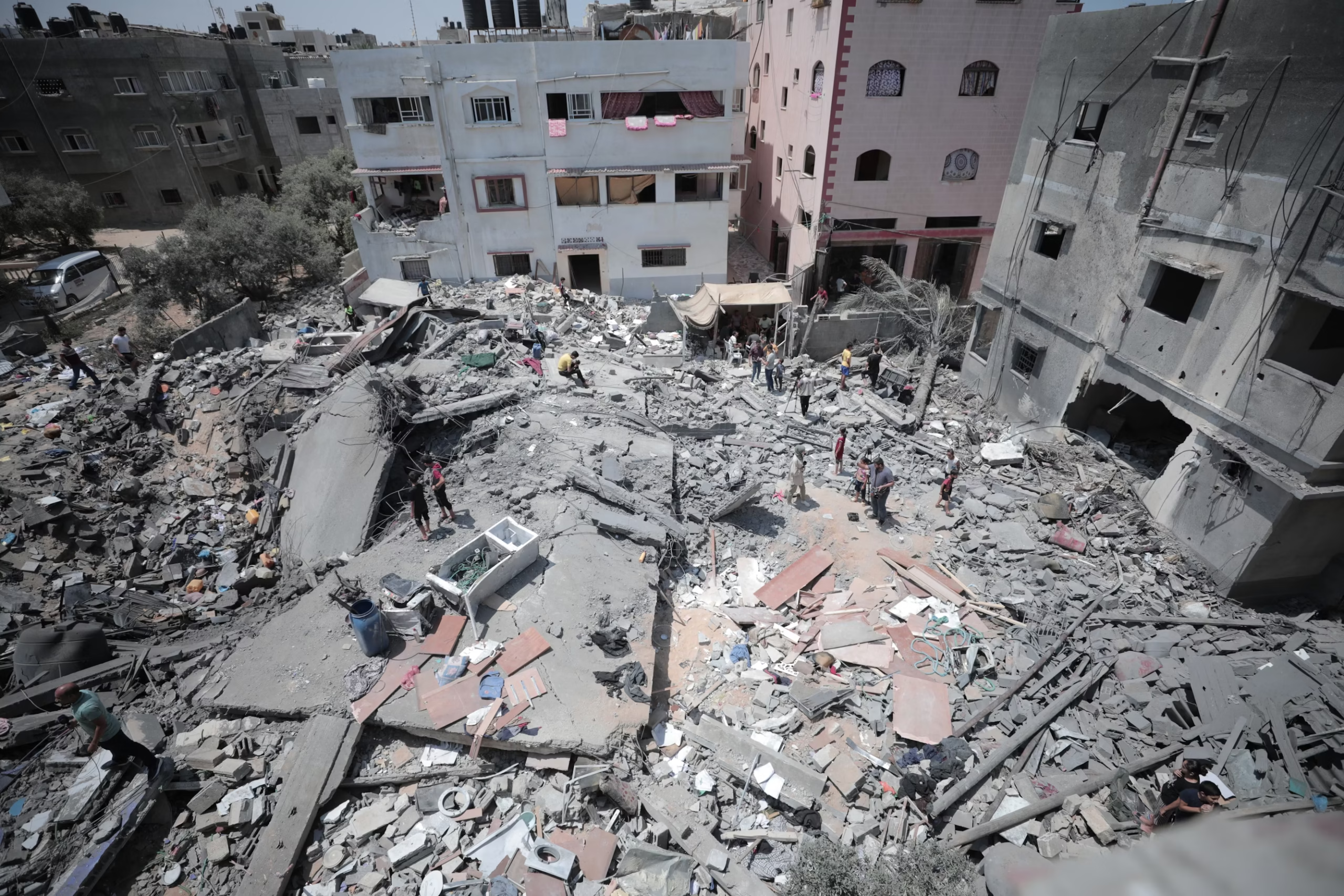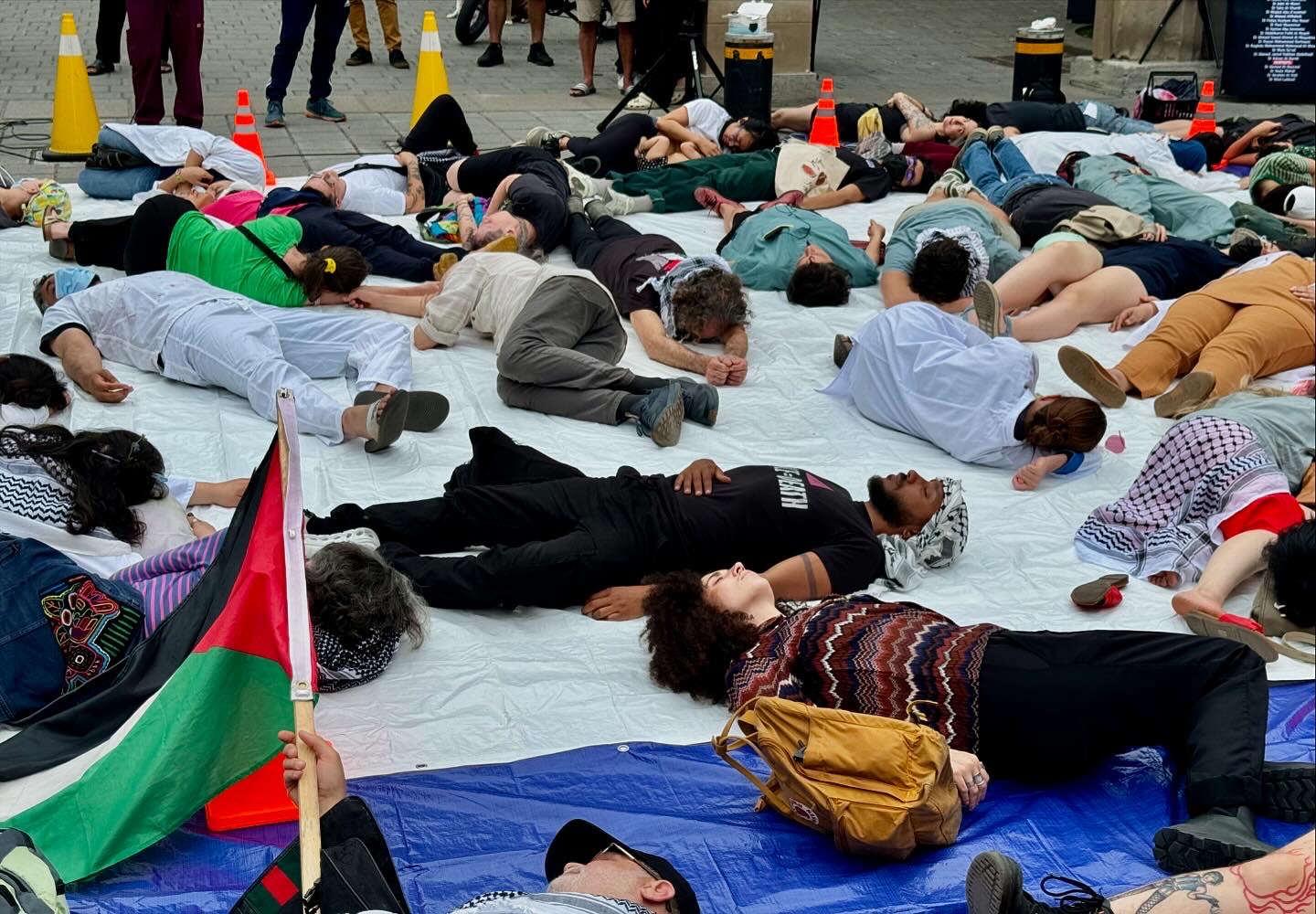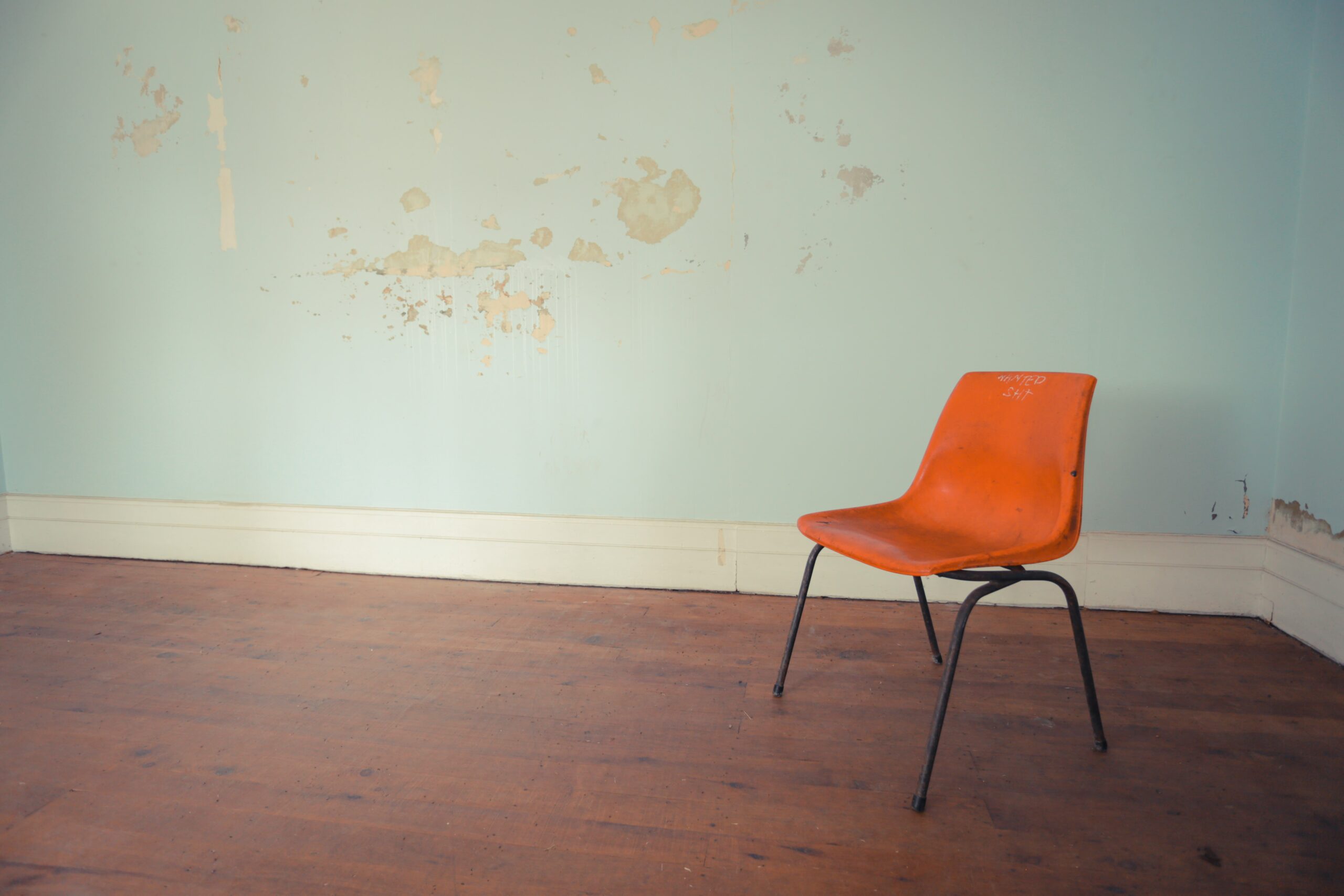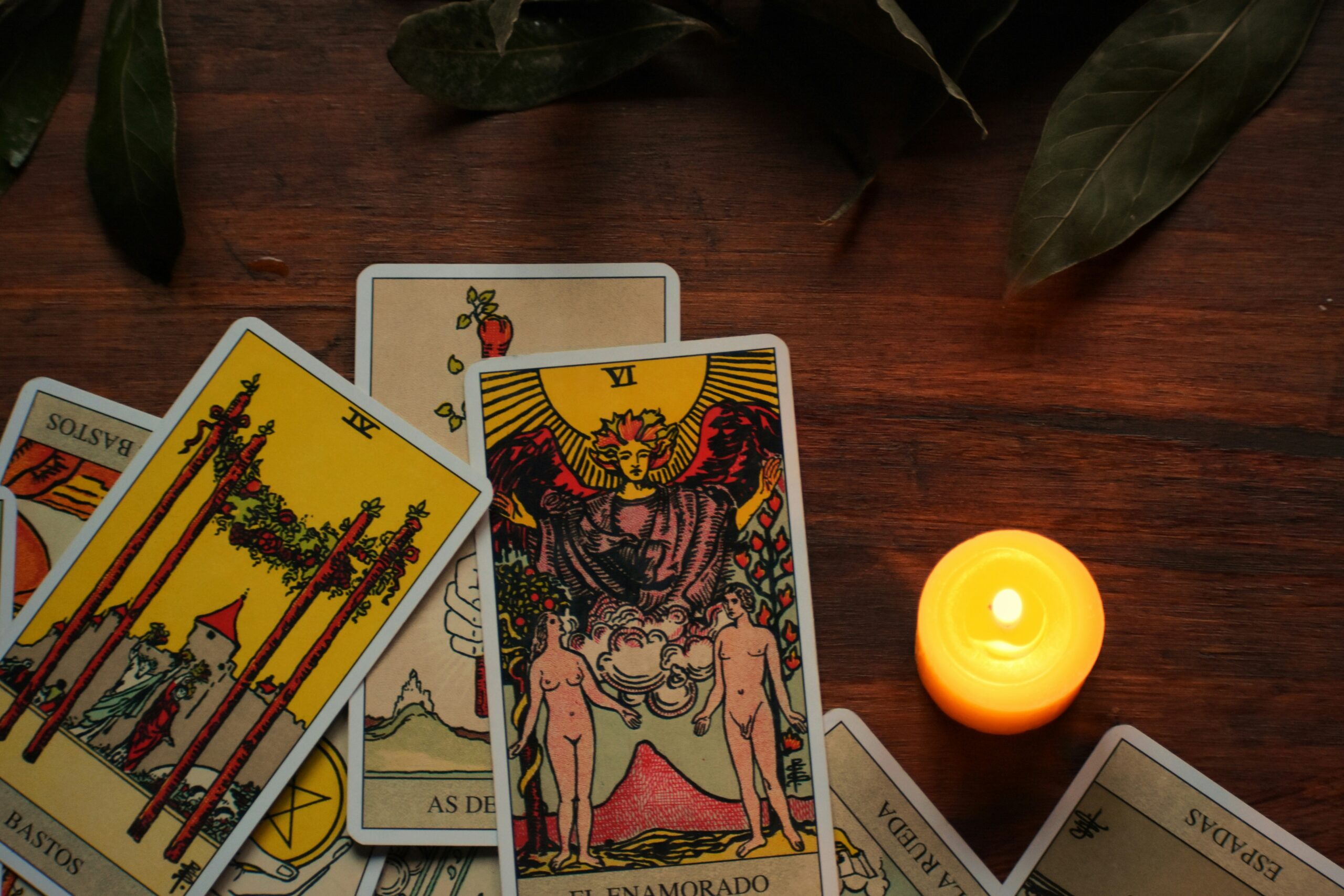I wasn’t supposed to be writing this.
I’m supposed to be writing a comprehensive exam about temporality and health. About how Black queer people live and care for one another in timeframes not designed for our survival. I’m supposed to be providing therapy tomorrow—offering calm, presence, holding—for clients navigating their own overwhelm, grief, burnout. I’m supposed to be finishing a manuscript, drafting another talk, prepping for the next ball.
But there is a genocide happening in Gaza.
And I am broken.
And that’s not what this is about. But it’s also what everything is about.
Because I don’t know how to move through this world anymore.
Not in a poetic way. Not in a metaphor. I mean literally. My body doesn’t know what to do with itself. I sit still and I shake. I eat and feel nauseous. I sleep and wake up in a sweat. I walk outside into wildfire smoke so thick that Tiohtià:ke now has the worst air quality in the world—and even still, I know I’m breathing freer than a child in Rafah.
And what do you even do with that kind of knowing?
There is a level 5 famine in Gaza.The highest designation possible.
Thousands of children are already dead from starvation.
More will die in the coming days.
And the food is already there.
Just metres away.
Across the border.
In trucks.
In planes.
In warehouses.
Blocked.
By policy.
By intention.
By design.
This is not a crisis. This is not a natural disaster. This is not an unfortunate byproduct of war. This is a settler colonial genocide. A calculated campaign of extermination. Ethnic cleansing disguised as self-defence. Starvation weaponized. Infrastructure targeted. Grief made endless.
This is the logic of Zionism.
This is the logic of empire.
This is what it means to disappear a people in real time.
And the world watches.
Scrolls.
Shrugs.
Argues.
Donates, maybe.
Then forgets again.
Because forgetting is the luxury of the unaffected.
And if you know what it is to be Black, to be queer, to be Indigenous, to be trans, to be displaced, to be criminalized, to be border-crossed or borderless, then you already know this truth: the world is not neutral.
Not when it comes to genocide.
Not when it comes to who gets to live.
Not when it comes to who the world calls human.
What’s happening in Gaza isn’t unimaginable.
It’s entirely imaginable.
That’s what makes it unbearable.
This is what genocide looks like in the age of livestreams.
This is what settler colonialism looks like when the camera’s always on.
This is what fascism looks like when it doesn’t need to hide anymore.
This is what it means to beg for mercy and be called a terrorist.
This is what it means to scream for food and be met with silence.
This is what it means when a child’s life is worth less than the narrative.
And here we are. Watching.
In real time.
As Gaza bleeds.
I’m not here to offer hope.
Not the kind you can package.
Not the kind you can sell.
Because if you’re watching this and still talking about “both sides,”
If you’re more outraged by broken windows than by bombed hospitals,
If your solidarity is contingent on respectability, strategy, or PR optics,
If your grief only activates when white bodies are harmed,
Then your humanity is not mine.
And I am not interested in convincing anyone that Palestinians deserve to live.
Because life is not earned.
Freedom is not a prize.
Liberation is not a matter of debate.
Palestinians do not need your approval to resist.
They do not need your permission to mourn.
They do not need to be perfect victims in order to be spared.
They are not being starved because of Hamas.
They are not being bombed because they resist.
They are being exterminated because they exist.
Because they are Indigenous.
Because they are still there.
Because they refuse to disappear.
And I am wrecked by this.
Not just as a witness, but as someone who knows what it means to be told that your life is too complicated to matter.
Who knows what it means to scream into silence.
To live in a body that the state treats as collateral.
To walk through a world that sees your death as routine.
But this isn’t about me.
It’s about a father holding the body of his child and saying I’m sorry I couldn’t protect you.
It’s about people breaking apart stale bread to share with twenty others.
It’s about the doctor who keeps treating the wounded in the rubble of a bombed out hospital.
It’s about the poets still writing.
The dancers still dancing.
The children still drawing keys to homes that no longer exist.
The elders still planting seeds in soil they know they may not survive to harvest.
This isn’t resilience.
This is refusal.
This isn’t optimism.
This is survival strategy.
This isn’t a tragedy.
It’s a crime.
An atrocity.
A catastrophe authored by cowards in suits and suits in tanks and tanks in children’s bedrooms.
And still, somehow, there is singing.
Still, somehow, there is prayer.
Still, somehow, there is resistance.
Still, somehow, they live.
And I want you to understand what it means to keep living in the middle of a genocide.
To not just breathe—but to love.
To not just exist—but to refuse.
To not just survive—but to fight.
So no, I don’t have the words.
I have this grief lodged in my throat like shrapnel.
I have these tears that feel like they betray the scale of the loss.
I have this ache in my chest from trying to hold space for others while knowing the world is falling apart.
I have the unbearable knowing that every second I spend writing this, someone else is dying.
And still—I write.
Because silence is complicity.
Because bearing witness is not enough, but it is necessary.
Because abolition means all cages.
Because solidarity means now, not after.
Because Palestine is not a symbol—it’s a place, a people, a love, a struggle that stretches across oceans and generations.
Because to be Black and queer and abolitionist and breathing in this world is to take a side.
And I will say it again and again and again, even if my voice shakes:
From the river to the sea, Palestine will be free.
And may we live long enough to see that day.
And may we never forget what we did—and didn’t—do until then.




